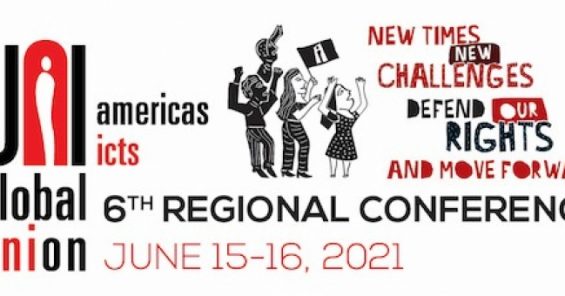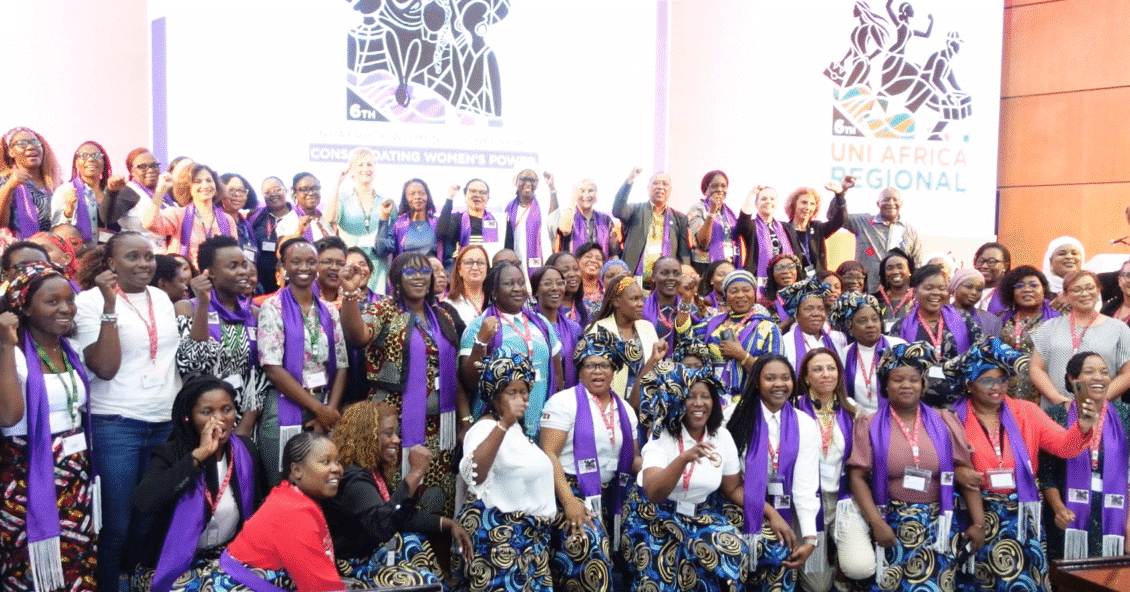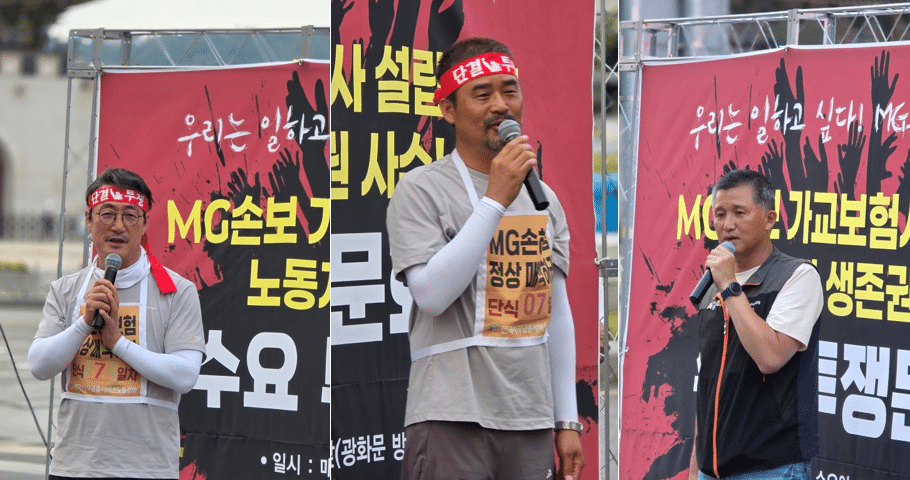“New times, new challenges. Defend rights and advance further” was the slogan chosen for the 6th UNI Americas ICTS Regional Conference, to set the priorities for the work of the sector for the next period. On June 15 & 16, more than 200 delegates from the Americas discussed the changes and challenges that the sector has been going through in these last four years of technological transformation and strong growth in the virtual economy.
Major crises are important opportunities for change, and in this context, ICTS workers have been at the forefront. Faced with the health crisis, many union organizations have implemented virtual affiliation campaigns due to the fact that workers are increasingly isolated. They found the way to do online organizing, reaching out to workers wherever they may be, where companies are not physically present, and workers are carrying out their jobs remotely.”
We are proud of worker organizations in the IT industry in the Americas. We are in the midst of a technological revolution that is changing our societies. You had already made progress in creating new rights even before the pandemic. That is something we must highlight” said Andy Kerr, UNI ICTS World President.
If there is one thing that the pandemic has shown, is how technology intersects with all areas of our lives and jobs, and it has revealed one of the essential issues for workers in the last year and a half: telework. We must address occupational hazards, expenses, work tools and equipment needed by workers to perform their tasks from their homes. Also, how to implement telework with a gender perspective. Organizations are ensuring the presence of a regulatory framework for this mode of work, guaranteeing that the conditions of the workers are the most adequate, that laws are passed to regulate the sector, and that rules and conditions are included in collective agreements.
Many unions had developed innovative agreements before the health crisis. “Although the pandemic has brought about new situations, such as essential workers and telework, the sector had already begun its transformation before, guaranteeing sector workers’ right to disconnect, among others,” said Marcio Monzane, UNI Americas Regional Secretary.
“The right to disconnect is not only a right that must be recognized for those who telework, it is a right that must be guaranteed for all people, including workers that perform tasks inside the company’s premises” said Pablo Topet, advisor to the Minister of Labour, Employment and Social Security of Argentina. “The challenge is to find a reasonable way that protects and allows technology not to become another problem to people’s health, but a way to have more freedom and have a more balanced society, with rights and social justice” he said.
Delegates expressed their concern regarding home surveillance while teleworking, as some companies have installed cameras on the computers of call center workers, violating their right to privacy. Precarious working conditions as a result of virtual and remote work has been increasing. Héctor Daer, President of UNI Americas, highlighted the work of the unions: “The pandemic has brought about social, economic and labour changes. The growth of contact centers has caused damage to their workers, but UNI did a great job of protecting worker rights”.
Faced with the changes that are occurring in the sector, the participants affirmed that it is necessary to promote an innovative union model, capable of identifying the spaces where jobs are generated with greater capacity for future growth, since there are IT workers all over the world and there are many sectors rapidly migrating into digital. They also highlighted the importance of the Global Framework Agreements that UNI has signed with global companies. “We want to demand the responsibility of these companies to maintain basic rights of all their workers, no matter where they are. In general, our relationship with global companies has been very important during this pandemic” said Christy Hoffman, General Secretary of UNI Global Union. “We were able to play a very important role in showing that it is necessary to regulate the “return to work” process, along with not giving up our rights” she said.
André Rodrigues, Regional Director of UNI Americas ICTS, referred to the action plan for the next four years: “The first priorities are to continue organizing, include workers’ needs and demands in the negotiation processes, and sign collective agreements that address all of the above. We must work to implement conditions and rules so that workers can perform telework without any type of risk or harm.”
In the last part of the Conference, sister Martha Heredia from STRM of Mexico, the newly elected president of the sector, highlighted the importance of asserting the value of unionism as an agent of social change to curb poverty, have decent lives and achieve gender equality: “Trade unionism can make a difference for economic recovery with justice and equality. It is essential to promote ILO Convention 190 concerning the Elimination of Violence and Harassment in the World of Work. It is necessary to have substantive equality measures for working women in collective bargaining, in order to eradicate and prevent violence in the workplace” stated Heredia.


